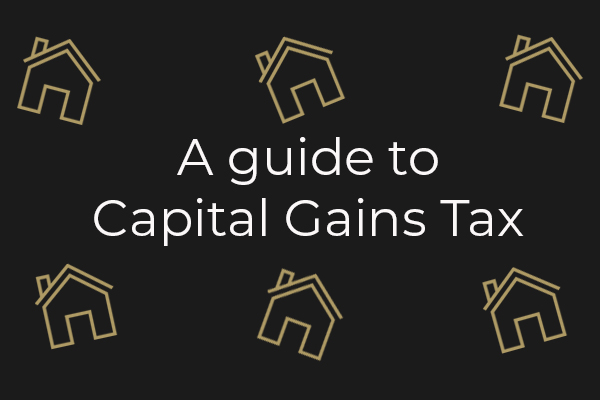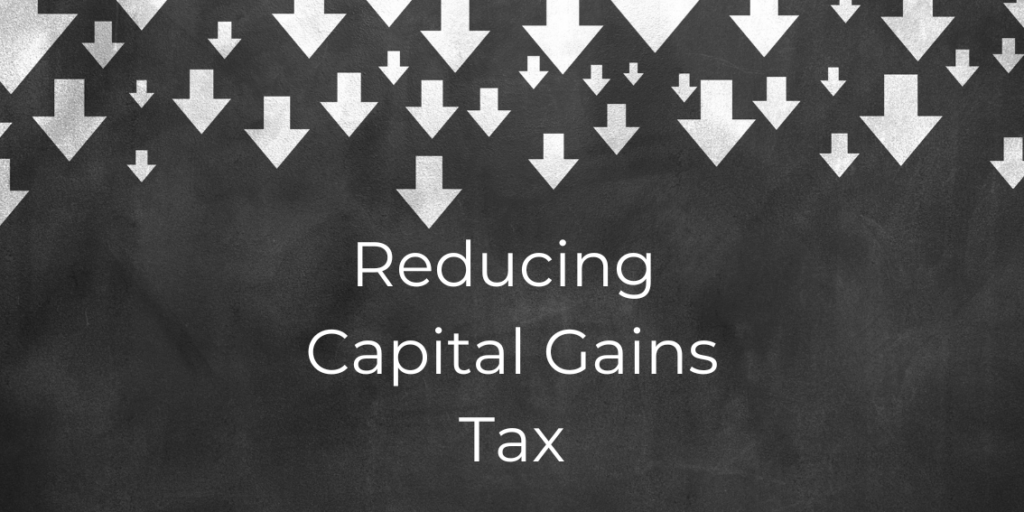A guide to Capital Gains Tax

A Comprehensive Guide to Capital Gains Tax Reporting on Residential Property Disposals in the UK
Selling a property can be a significant financial milestone, but it’s crucial to be aware of your tax obligations when it comes to capital gains. In the United Kingdom, capital gains tax (CGT) is applicable on the profits made from selling certain assets, including property. This post will provide a detailed guide to help you understand the process of capital gains tax reporting on residential property disposals in the UK.
Understanding Capital Gains Tax
Capital gains tax is due on the profit you make when you sell or dispose of an asset that has increased in value during your ownership. For property disposals, CGT applies to residential properties that are not your main home, such as buy-to-let properties, second homes, and rental properties. Your main residence, which is referred to as the Principal Private Residence, is generally exempt from CGT.
Calculating Capital Gains Tax
To calculate your capital gains tax liability on a property disposal, you need to determine the gain you have made. The gain is calculated by subtracting the property’s acquisition cost from the selling price, including any expenses incurred during the sale, such as legal or survey fees. Acquisition costs will include the purchase price along with the solicitor and estate agent fees, and any capital improvement costs that qualify for relief.
Once you have calculated the gain, you can deduct any available tax reliefs, allowances, and exemptions. The most common deductions include the annual exemption allowance and certain reliefs like letting relief or private residence relief. The remaining gain is then subject to capital gains tax. The rate of CGT you pay depends on your overall income and the type of property being sold. Currently the rates are 18% for basic rate taxpayers and 28% for higher and additional rate taxpayers.
For UK residents, if no gain has been made on the property disposal, no CGT return will be required. Instead this will be included within your self-assessment tax return, where you must report the details of the property disposal and the loss can then be offset against any other capital gains. The rules for non-UK residents are slightly different, a CGT return will still need to be prepared and submitted on all land and property disposals, irrespective of whether a gain is made or not.
Reporting Capital Gains Tax
Reporting capital gains tax on property disposals is done through the Capital Gains Tax on UK property account operated by HMRC. Here are the key steps to follow:
- Register for your government gateway account: If you are not already registered for Capital Gains Tax on UK property, you’ll need to do so by creating an account via the HM Revenue and Customs (HMRC) online government gateway service.
- Complete the capital gains tax return: As mentioned above, you will need to provide details of the property disposed of, the dates of acquisition and disposal, the purchase costs & sale proceeds, along with any other allowable costs to determine the taxable gain made using the online portal.
- Submit the return and pay the tax: You must report and pay any Capital Gains Tax due on UK residential property within 60 days of selling the property.
Important Considerations
Here are some additional considerations to keep in mind regarding capital gains tax reporting on property disposals in the UK:
Keep detailed records: Maintain accurate records of all property-related transactions, costs, and supporting documentation. This will help ensure that you can accurately calculate your capital gains tax liability and provide evidence if requested by HMRC. In cases where there have been changes in ownership or use of the property, it may be beneficial to start collating the information required for the CGT calculation prior to the date of disposal.
Timeframes: It’s essential to report the disposal and pay any capital gains tax due within the specified timeframes to avoid penalties and interest charges. For property disposals after the 27 of October 2021, all UK residents must file and pay capital gains tax on disposal of residential property within 60 days following the completion date.
Using a tax agent: You can also opt for an agent to report the sale or disposal of UK property or land to HMRC on your behalf. Once the online government gateway account is setup you can provide the relevant UK property account number onto your advisor who will then be able to prepare & submit the capital gains forms on your behalf.
The rules and regulations surrounding capital gains tax can be complex. If you’re unsure about any aspect of reporting, Perrys will be able to provide guidance tailored to your specific circumstances, therefore if you require any assistance do not hesitate to get in touch with your local branch.








